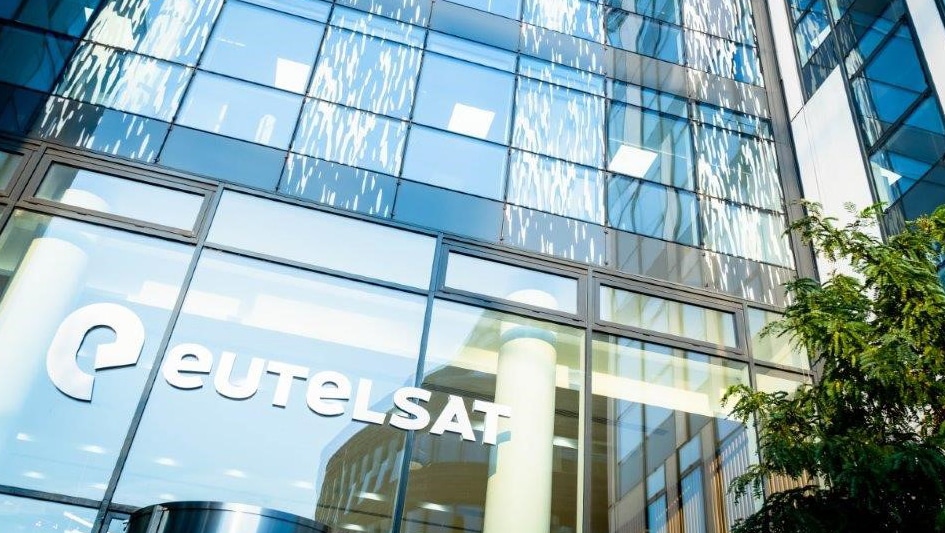European Operator Aims to Accelerate Deployment of LEO Constellation and Ensure EU Space Sovereignty
Eutelsat announced on June 19 a ambitious capital increase of €1.35 billion, supported by the French state and other strategic shareholders. This move aims to solidify its long-term vision in the global satellite connectivity market. The operation, expected to be completed by the end of 2025, will allow the group to reduce debt, invest in its low Earth orbit (LEO) satellite constellation, and support the future European infrastructure IRIS².
Unique Strategic Position in the LEO Market
Following its integration with OneWeb, Eutelsat positions itself as the only European operator with a fully operational LEO network, consisting of over 600 satellites, and the capacity to provide hybrid GEO-LEO solutions. This positioning enables it to compete in a rapidly growing market: satellite B2B connectivity based on LEO is expected to grow by 28% annually until 2029, potentially quintupling its current size.
In addition to focusing on professional and government clients (B2B/B2G), Eutelsat is noted for its commercial and technical strength, as evidenced by a backlog of orders valued at €3.7 billion. The company is also progressing in strategic agreements, such as the one recently signed with the French Ministry of the Armed Forces (Nexus program), worth up to €1 billion, reinforcing its role as a key partner in European defense and cyber resilience.
Financial Support from Key Players
The capital increase will be divided into two phases: a reserved issuance of €716 million at €4 per share—reflecting a 32% premium over the average share price—subscribed by the French state (€526 million), Bharti Space, CMA CGM, and the Strategic Investment Fund (FSP); and a rights issue for an additional €634 million.
Following these operations, the French state will hold a 29.99% stake in Eutelsat, enhancing its direct influence and underscoring the strategic nature of the sector for European digital and space sovereignty. Participating entities also commit to maintaining their investment until the completion of the process.
Investments for the Future: Satellites, Defense, and Digital Sovereignty
Eutelsat plans to invest between €1 billion and €1.1 billion in the 2025-26 fiscal year, focusing on deploying its first-generation LEO constellation and planning the IRIS² system, to which it will allocate €2 billion between 2027 and 2029. This investment will accelerate the expected global coverage by the end of 2026, strengthen secure connectivity offerings, and expand into key markets.
Thanks to this capital increase, net debt will be reduced to 2.5 times EBITDA by the end of the 2025-26 fiscal year, facilitating access to financing in debt markets, export credits, and extending bank maturities.
Global Competition and European Role
In an increasingly competitive market dominated by giants like SpaceX (with its Starlink network) and Amazon (developing Project Kuiper), Eutelsat is betting on clear differentiation: global coverage with European infrastructures, institutional focus, and an integrated offering that combines GEO and LEO satellites.
Unlike mass consumption models like Starlink, Eutelsat is oriented toward business, government, and defense solutions, also participating as the main private investor in the EU’s IRIS² program.
Institutional Statements
Jean-François Fallacher, CEO of Eutelsat, emphasized: "With our GEO-LEO network and global coverage, we are prepared to play a central role in the future of European sovereign space." Meanwhile, French Economy Minister Bruno Le Maire noted that the operation reflects the state’s commitment to a "competitive, resilient, and sovereign" space industry.
With this capital increase, Eutelsat reaffirms its role as a key player in the new European space ecosystem, at a time of profound technological transformation, where secure connectivity and strategic control of space emerge as pillars of Europe’s digital future.

